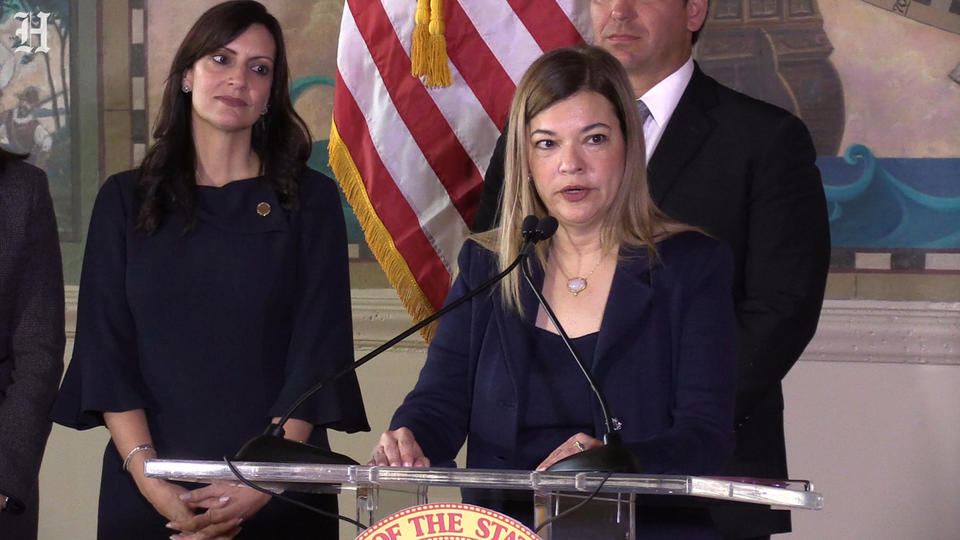Modi 2.0 has sharply accelerated the pace at which changes in foreign and domestic policy have been carried out since the victory of the BJP in the 2014 Lok Sabha polls. Across the world, military diplomacy has been an important component of overall policies towards other countries. Such a term includes not simply military to military contacts but discussions on matters of concern between military chiefs and policymakers in another country. The deep-rooted suspicion of those in uniform by Prime Minister Jawaharlal Nehru caused the military to be tucked away out of sight of foreign policy. The importance of the military even in the securing of borders was not recognized, and in the Union Cabinet, Finance Minister Morarji Desai was ruthless in denying funds for the armed forces. Such an approach fell by the wayside after the 1962 war with China, but by then it was too late. The damage had been done, including to the country’s credibility and prestige. Prime Minister Nehru suffered a terrible loss to his reputation after his failure to secure the borders of India despite continuous tough talk. The mismatch between the robust language of the Prime Minister and the reality of an under-resourced, ineffectively-led Army was too significant to hide. Inexplicably, the Air Force was not used in the fighting, and this gave the People’s Liberation Army a significant advantage. They were able to pour troops unobstructed across the frontier, unmolested from the air. As for the Navy, no effort was made to raise the costs of invasion to the People’s Republic of China by intercepting its ships in the Indian Ocean. Both the Air Force and the Navy were prevented from entering the fray, presumably in deference to the pacifist mindset of several political leaders. Before the invasion, able Chiefs of Army Staff such as General Kodendera Thimayya were publicly chastised for daring to point out the inconsistencies and dangers of the government’s approach to the border in a situation where incursions were occurring with regularity. These were brushed aside by the Ministry of Defence (led by Vengalil Kumaran Krishna Menon) as mere posturing. Menon owed his position entirely to Nehru, and repeated the views of the PM in meeting after meeting with his generals. Even after 1962 and 1965, the military was prevented from getting involved in the formulation of policy in matters on which they had better specialised knowledge than the officials who manned the Ministry of Defence. These had very little idea of contemporary warfare and its requirements, as they were birds of passage who flitted from ministry to ministry. Some years it was Agriculture, in other situations Industry. It was no surprise that they could not envisage policies that may have reversed the disastrous result of the 1962 war or the refusal to take full advantage of the Pakistan army’s setbacks during the 1965 war, where Field Marshal Ayub Khan got back in the negotiating table the gains made by the armed forces of the Republic of India in 1965, a process that was repeated at Shimla in 1972. Had those in uniform given their deserved role in such deliberations, such outcomes could have been avoided.
Prime Minister Narendra Modi has changed the longstanding policy of ignoring the viewpoint of the military in fields where their input would be invaluable. In what must have come as a shock to traditionalists still wedded to the past, Chief of Army Staff General M.M. Naravane accompanied Foreign Secretary Harsh Shringla to Naypyidaw, where they held discussions with the civilian and military leadership of Myanmar. It was presumably because of this that the Modi government took the welcome step of handing over a submarine to the navy of that important country. In the Indo-Pacific, Myanmar plays a keystone role, and familiarising themselves with undersea platforms is essential for the security of the seas of the region, especially as undersea vessels of the Sino-Russian alliance and satellites such as Pakistan continue to lurk close to Myanmar waters. Indeed, several ASEAN countries have been prevented by Beijing from developing the territorial waters that international law and convention is clear belongs to them. India has been obstructed in efforts to partner with ASEAN countries to develop such resources. Such a situation is among the reasons why the Quadrilateral Alliance is essential and must be deepened. Unlike the past, when timidity was the norm, these days there are bold departures from the longstanding policy of non-involvement in situations where those who nurture extremism and authoritarianism combine to deprive peaceful countries of their rights. It is such a context that military diplomacy is necessary, and this has been emphasised by the visit of General Naravane to Nepal. This is a country that has given some of its most gallant sons to join the Indian Army, and several have paid with their lives defending the security of the world’s greatest democracy

